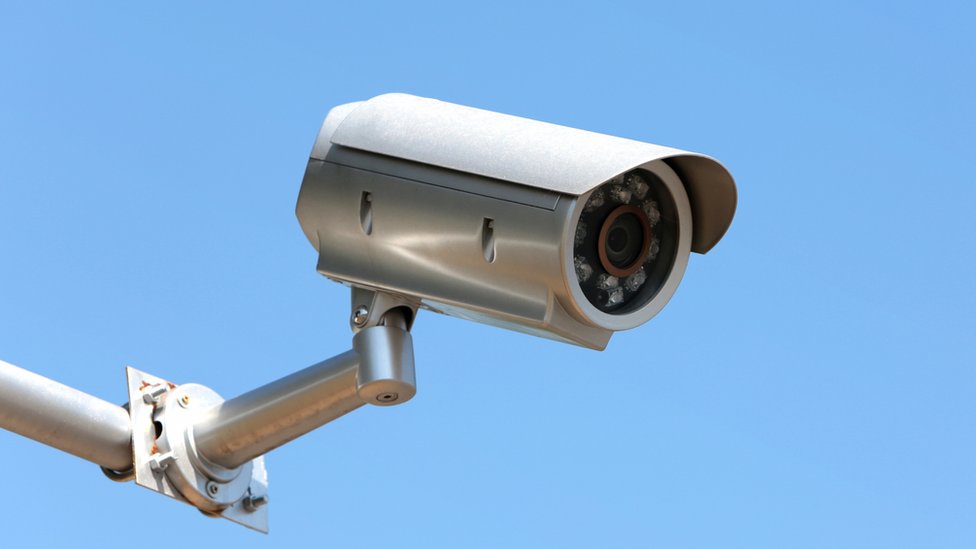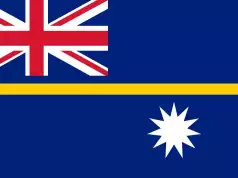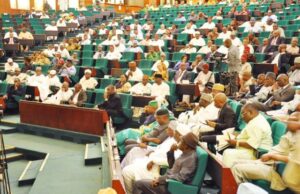Australia will remove Chinese-made surveillance cameras from defence sites over national security fears.
It comes after an audit found 900 pieces of surveillance equipment built by companies Hikvision and Dahua on government estates.
The UK and the US made similar moves last year, citing fears the device data may be accessed by the Chinese government.
Hikvision says those fears are unfounded. Dahua has not responded to a request for comment.
The audit of Australian government sites found the cameras and security gear were located on more than 200 buildings, in almost every department – including the foreign affairs and attorney general’s departments.
At least one unit was also found in the defence department, but the total number at defence sites is unknown.
Defence Minister and Deputy Prime Minister Richard Marles on Thursday said the government would find and remove the cameras from any defence locations to make them “completely secure”.
“I don’t think we should overstate [the seriousness]… but it’s a significant thing that’s been brought to our attention and we’re going to fix it,” he said, adding the devices pre-dated his time in office.
Attorney General Mark Dreyfus said the government will review whether the cameras on other government buildings need to be removed as well.
Shadow Minister for Cyber Security James Paterson, who requested the audit, says they do.
Australia has “no way” of knowing whether data collected by the devices is being handed over to Chinese intelligence agencies, he said.
China’s national security law can be used to compel any organisation or citizen to “support, assist and co-operate with the state intelligence work”.
Senator Paterson also argued Australia should not be supporting Hikvision and Dahua for “moral” reasons. He said both companies have been directly implicated in the alleged human rights abuses and mass surveillance of Uyghurs in Xinjiang.
Hikvision says it is “categorically false” to represent them as a threat to national security.
“No respected technical institution or assessment has come to this conclusion,” a spokeswoman said.
The company says it cannot access end users’ video data and therefore cannot transmit it to third parties, she said.
But in November the UK also blocked the installation of any new surveillance cameras made by Dahua and Hikvision on “sensitive sites” due to security concerns. It also said it would review whether devices already in place should be removed.
Days later the US banned the sale and import of new communications equipment from five China-based companies including Dahua and Hikvision.
Prime Minister Anthony Albanese said he was unconcerned about how the Chinese government might react to the move. “We act in accordance with Australia’s national interest. We do so transparently and that’s what we will continue to do,” he told reporters.
Ties between China and Australia had soured after Canberra banned Huawei from its 5G network in 2018, and China responded with trade restrictions and tariffs on Australian exports such as coal, lobsters and wine.
But relations have been improving under the centre-left government, which came to power in May 2022.










